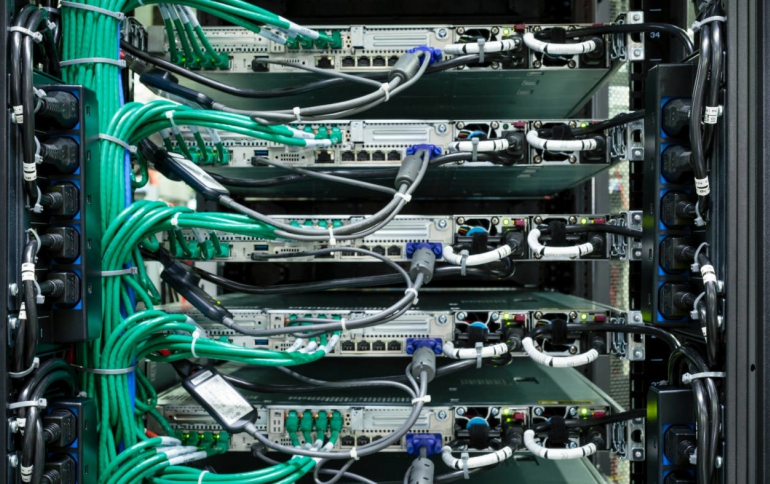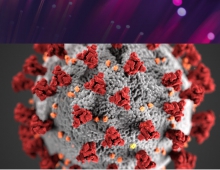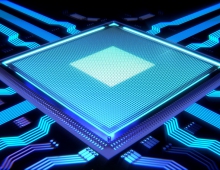
HPE 'Jean Zay' Supercomputer Will Be The Fatest in France
HPE has collaborated wit GENCI, the French national infrastructure for HPC resources and facilities, to build France a fast-performing supercomputer to serve as a converged platform of HPC and AI capabilities.
The new supercomputer, called Jean Zay, will have a peak performance of 14 petaFLOPS, powering faster simulations and scalable AI workloads.
Jean Zay will be based on the HPE SGI 8600, a purpose-built high-performance computing (HPC) platform. It will converge the following HPC and AI technologies to support machine learning and AI applications, along with improvement to traditional HPC workloads like modeling and simulation:
- CPU and GPU Parallel Computing: To run various compute processors in parallel with up to four 100 Gbs links per node, HPE is using a single HPC interconnection network, the Intel Omni-Path Architecture (Intel OPA), powering 1,528 nodes of Intel Xeon Scalable processors for scalable compute performance and 261 nodes with 4 latest NVIDIA Tesla V100 32GB GPUs per node, for a total of 1044 GPUs.
- Faster Simulation with Flash Storage Technology: HPE is enabling a read/write capacity of more than 300 GB per second to power faster simulations by integrating innovative flash storage capabilities with the HPE SGI 8600, an end-to-end HPC system, with support from DataDirect Network solutions.
- Improved Rendering Time with Cooling DLC (Direct Liquid Cooling): Through an HPC-specific cooling solution, Jean Zay’s computing power is optimized to enable faster rendering times for simulations while also reducing energy consumption.
Jean Zay will be installed at the Institut du Développement et des Ressources en Informatique Scientifique (IDRIS), a computing center that is part of the Centre National de la Recherché Scientifique (CNRS), in June 2019 and put into production use by October 2019.
An agreement between HPE and CNRS for the development of the the new supercomputer was signed last week. This project supports France’s investment in AI as outlined in a broader strategy by President of France Emmanuel Macron and Frederique Vidal, which includes a supercomputer specifically designed to power a range of AI applications and enable researchers’ facilitated access to a European cloud service.
The supercomputer will focus on research across fundamental physical sciences such as particle physics and cosmology, and biological sciences, to foster discoveries in fusion energy, space exploration and climate forecasting while also empowering applied research to optimize areas like combustion engines for automobiles and planes, pharmaceutical drugs, and solutions for natural disasters and disease pandemics.





















